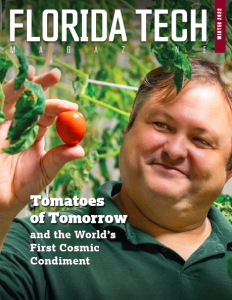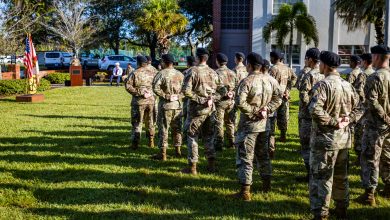Alumni Answer the Call to Careers in Community Service
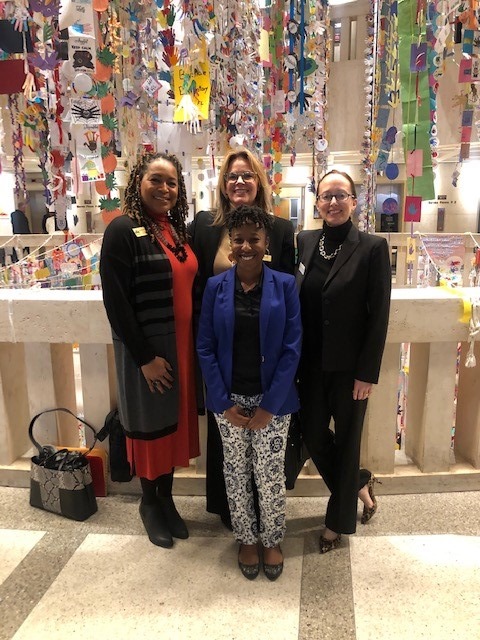
Volunteerism is vital to nonprofit organizations and their beneficiaries, and volunteers derive a sense of fulfillment from giving time and talent.
Some occasionally volunteer, such as serving a Thanksgiving meal at a soup kitchen or participating in an annual cleanup event. Others donate their time more regularly, delivering Meals on Wheels to seniors or operating a thrift shop storefront on Saturday mornings.
A few among us go beyond this call. For this benevolent band, volunteering isn’t enough. These big hearts have chosen to make service their daily work—their careers. However, if you ask them, they will phrase it differently.
“Like many in my field, I never saw it as a career—it has always felt more like a mission,” says Andry Sweet ’89. Sweet is president and CEO of the Children’s Home Society of Florida (CHS-F), a statewide nonprofit focused on strengthening families and communities.
Power of Partnerships
Part of Sweet’s mission is to build and maintain relationships with key influencers—corporate partners, legislators and donors, to name a few—to forge connections and drive impact for CHS-F.
“No one organization can solve the root causes of child poverty and neglect,” Sweet says. “When organizations bring their respective resources to the table, we can have greater impact. So much of my time is spent on developing and nurturing those partnerships.”

Being on the Children’s Home Society of America (CHS-A) board offers Sweet several more impactful connections. CHS-A is a membership organization of 22 nonprofits representing 24 states that, like CHS-F, have roots well over a century old.
The larger organization focuses its attention on helping keep families intact wherever possible and preventing child maltreatment through member partnerships with the Centers for Disease Control and Prevention (CDC) and academic institutions for research on early childhood trauma.
Not unique to CHS, partnership is a powerful and important concept in the larger world of nonprofit work. Jonathan V. Wilson ’98, vice president of organization development and talent management for the Leukemia & Lymphoma Society (LLS), says partnership is the best part of the job.
“I partner with some amazing leaders and teams to find talent solutions that have a direct impact on our ability to achieve business results,” he says. “For us at LLS, that means to cure cancer.”
For Wilson, those connections happen with other enterprisewide human resources leaders across the vast national organization to ensure LLS has the right people in place to meet its long-term goals. He and his team support succession management, human resources recruiting and onboarding, and strategic planning for LLS’ executive leadership.
On the larger scale, LLS collaborates with policy advocates, researchers and health care professionals, patients and caregivers, and local and national sponsors who fund the organization’s important work.
Similarly, Brenda Behan ’86, director of the gender office at the United Nations’ World Food Programme (WFP), works with partners to address inequality in food systems. To make an impact, WFP relies on a vast network of partnerships worldwide: governmental organizations, private sector businesses, UN agencies, academia, think tanks and more.
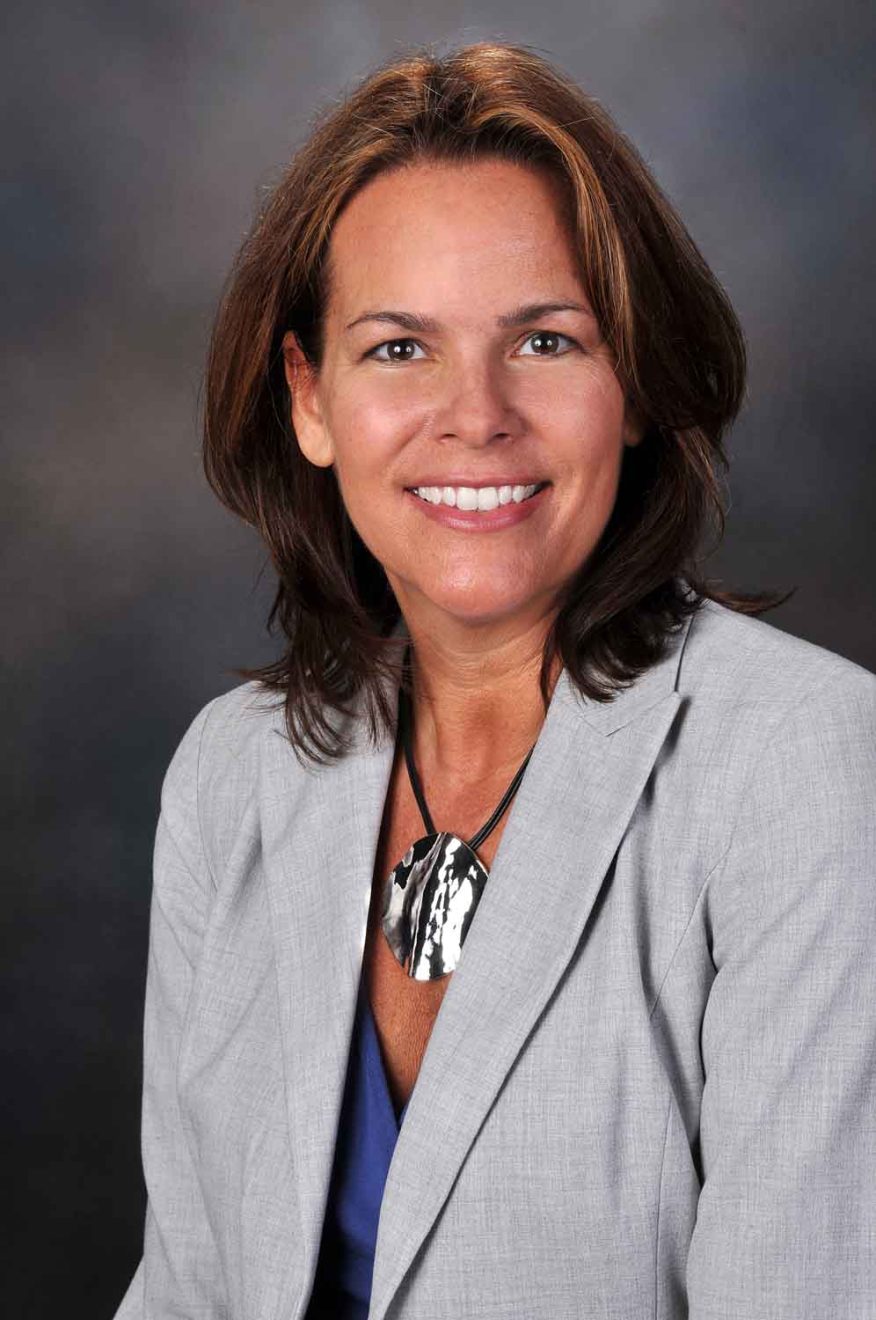
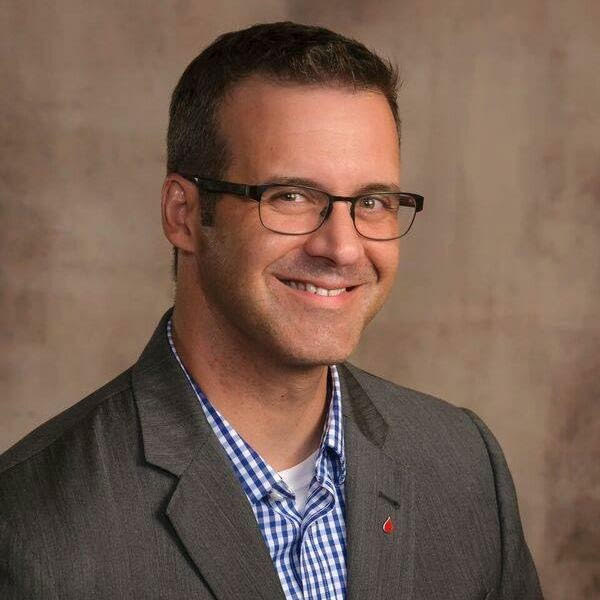
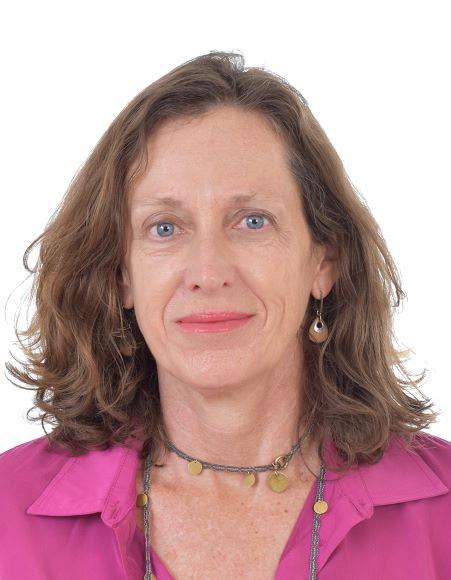
Sense of Urgency
According to WFP, up to 811 million people do not have enough food, and 45 million people are on the edge of famine. The chief drivers of these startling statistics are worldwide conflict, climate change, natural disasters and structural poverty and inequality.
Behan is helping address the latter of these causes through WFP’s gender equality initiatives, which aim to improve access to assets, education, jobs and opportunities that enable women and men to be in charge of their own food security.
Working on task forces for emergencies like those in Afghanistan or Northern Ethiopia and offering technical assistance to governments layers an additional level of urgency behind Behan’s work.
“WFP is called on to respond often when situations are very quickly degrading, and time is of the essence in order to save lives,” she says. “This means that every single person in WFP has to be focused on the need to be working effectively and as a team. … I am mindful every day of the responsibilities to people in need across the globe, and it is a motivation to always bring my best to the job.”
While Wilson focuses on filling executive roles within his organization, the LLS mission of curing blood cancers is always at the core, driving his work. This underlying objective means that not having enough time is the hardest part of his nonprofit work.
“This is not from a work-life balance standpoint whatsoever, but from knowing that we must do more every day to save lives,” Wilson says.
He explains that while LLS has made tremendous strides in finding cures and providing access to care, every 180 seconds, someone in the U.S. is diagnosed with blood cancer. This unsettling fact puts an urgency on everything the organization does.
Sweet also keeps in mind the gravity of why she and others in CHS-F work so tirelessly.
“The hardest part of the job is when a child is harmed despite our best efforts to keep them safe,” she says. “In human services, there are very few situations that are black and white. Judgment calls are made every day, and sometimes, it may not be the right call. It’s devastating.”
When these incidents happen, Sweet’s team experiences secondary traumatic stress, which is a leading cause of burnout and turnover.
“Though these incidents are rare, they are a constant reminder of how important our work is and how we must support our team through the triumphs and the heartbreak,” she says.
I am mindful every day of the responsibilities to people in need across the globe, and it is a motivation to always bring my best to the job.
Brenda Behan ’86, director of the gender office, World Food Programme
Inspiring Stories
Keeping sight of the mission and celebrating the victories help drive through the heartbreak. Sweet’s passion for children led her to begin her career with the Melbourne branch of CHS nearly 22 years ago and continues to fuel her fire to keep going, even in hard times.
“Your ZIP code should not define your success in life, but sadly, it still does,” she says. “I am energized by the thought that our work in communities across Florida is turning odds into opportunities for a generation of children who do not have the same advantages I had growing up.”
Advocacy drives Sweet—advocacy for the children CHS serves and for her frontline.
“Much like teachers, social workers are often underpaid and under-resourced, yet they are responsible for children who have suffered some of the most severe trauma. They are not always viewed as ‘first responders,’ but they are the ones going into the homes in neighborhoods where law enforcement does not go in without backup. They are all heroes in my book. I will always champion them,” she says.
The year 2020 brought both difficulty and resilience for many around the world. Despite the challenges, people banded together and made amazing things happen. Of all the good that came from the bad, perhaps some of the most impactful was WFP’s work, recognized with the 2020 Nobel Peace Prize.
“I was surprised, moved and honored to hear the news. I was working in my office in Kenya at the time,” says Behan, now back in Italy after seven years of extensive East Africa travel in support of WFP operations. “It was an emotional moment for so many of us in WFP—hugely humbling and moving. … The Nobel Peace Prize was a recognition of the important connections between conflict and hunger and the need to find political solutions to end conflicts in order to have food security and end suffering.”
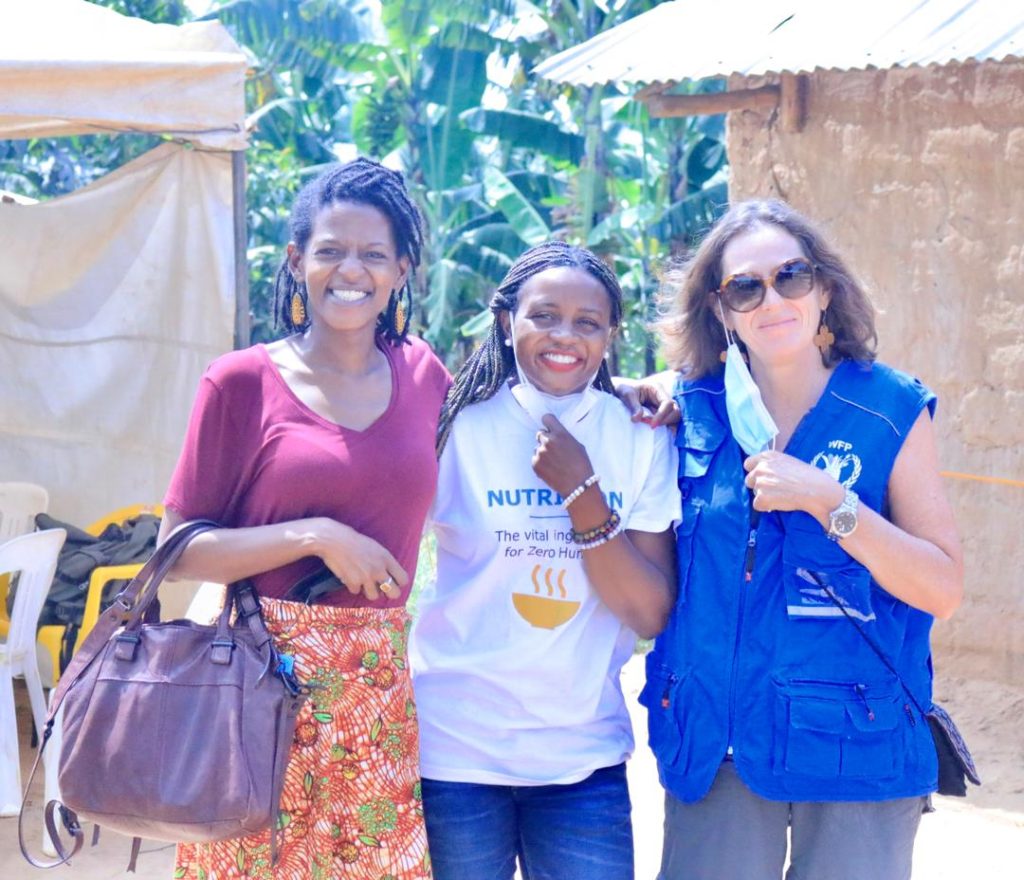
LLS had reason to celebrate in 2020, as well. That year alone, the organization helped advance 14 of the 17 blood cancer treatment options approved by the Food and Drug Administration (FDA). Wilson says that overall, LLS has helped advance more than 85% of FDA-approved blood cancer treatments. The impact of these accomplishments keeps him motivated to do more.
“What keeps me going are the personal stories—the stories of survival, the stories of perseverance, the stories of volunteers and donors who lost someone but found solace with their involvement with LLS,” he says. “The stories of new staff and volunteers who found their calling through their role at LLS; the stories of leaders excited for providing career growth opportunities for their teams to impact our mission even more.”
Academic Foundations
Regarding his own career growth, Wilson says his time at Florida Tech and with Army ROTC made him a lifelong learner. The psychology graduate followed his Florida Tech undergraduate degree with a master’s degree in organizational change from Hawaii Pacific University. He is a U.S. Army veteran and a member of Florida Tech’s College of Psychology and Liberal Arts Advisory Board.
“Learning about leading teams in Army ROTC, understanding the people dynamics of organizations through my coursework and internships at the School of Psychology, managing complex personal schedules—all while finding the time to rest and connect with friends, family and community—these experiences have been a driving force in my entire career.”
Also a Florida Tech psychology graduate, Sweet earned a master’s degree in health care administration from the University of Central Florida and worked for the State of Florida Department of Substance Abuse and Mental Health before joining CHS. She says the connections she has through Florida Tech have influenced her career.
Some of those staff members who impacted her path were “Dr. Frank Webbe, Dr. Art Gutman, Dr. Jose Martinez-Diaz—who I met after my time at Florida Tech, but when he joined Florida Tech, we reconnected,” Sweet says. “I am close with my fellow Florida Tech alumni: Rene’ Ledford ’81, Robin (Loomis) Cornell ’89, Nancy (Newcomb) King ’92. Each of them had a role in my career and who I am today.”
Behan received her bachelor’s degree in ocean engineering at Florida Tech and later earned her master’s degree in community and economic development from Penn State University. She says the rigor of her engineering studies at Florida Tech gave her “a great foundation for my career, as well as a balanced approach to working hard but still enjoying life.”
Student Service
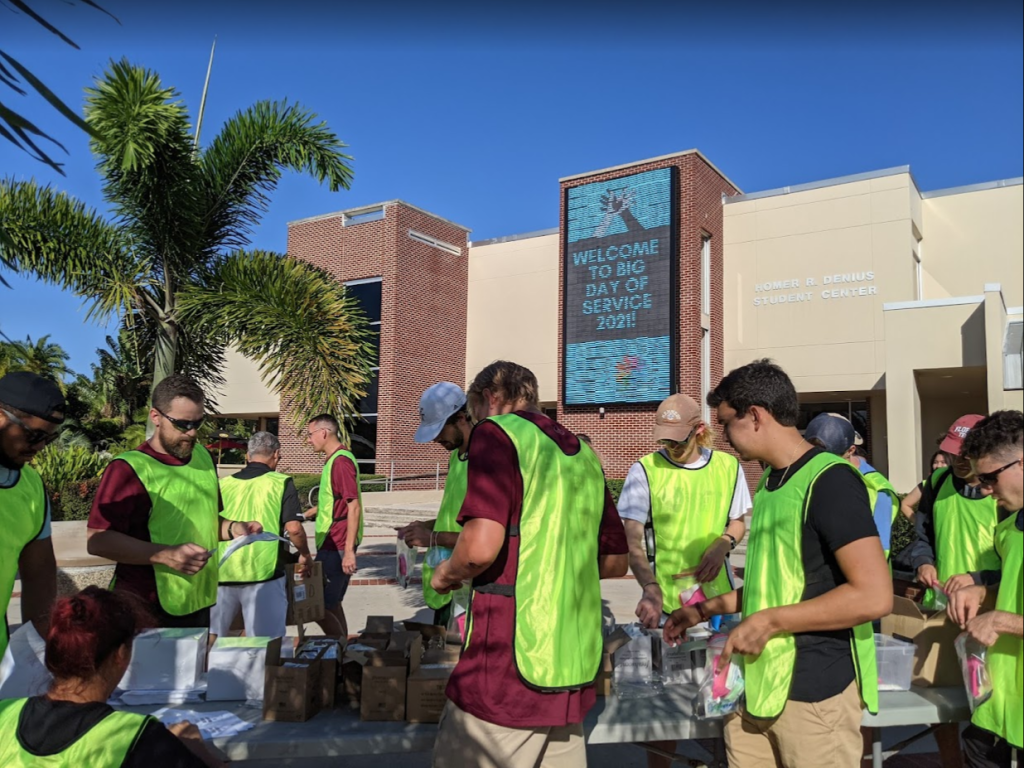
Florida Tech sets up students to make a habit of community involvement, thanks to the university’s Office of Civic Engagement. The office provides students, as well as faculty and staff, opportunities to meet community needs while developing leadership through service.
“We work to connect community leaders and organizations with the interests of our student population,” says Tony Trimpe, assistant director of orientation and civic engagement. “For example, when United Way of Brevard asked for hygiene kits for the homeless population in our county, we created our fall Big Day of Service, with over 150 volunteers creating more than 5,000 hygiene kits for men, women and children.”
“Some faculty regularly include civic engagement as part of their course,” says Cat Nanney, director of student involvement, “and staff members consistently help when requested.”
The Civic Engagement Tracking System, powered by the Give Pulse platform, allows volunteers to find service opportunities and track those individual and organization volunteer efforts for scholarship, graduate school and job applications.
Tracking hours allows Florida Tech to recognize the top campus volunteers and organizations at the annual Civic Engagement Awards ceremony. Logging service hours also makes civic work available for consideration for the President’s Volunteer Service Award program—an initiative in conjunction with the USA Freedom Corps and the Corporation for National and Community Service.
Resources
If you’d like to be more involved in your community, check out these resources for volunteer and philanthropic opportunities.
VOLUNTEERMATCH.ORG or GIVEPULSE.COM
Find volunteer opportunities in your area, filtered by cause, skill, age, virtual/in-person and more.
UNITEDWAY.ORG/FIND-YOUR-UNITED-WAY
Are you outside the U.S.? No problem. United Way has operations in 40 countries and territories around the world. Find yours to volunteer or donate for local impact.
This piece was featured in the winter 2022 edition of Florida Tech Magazine.


